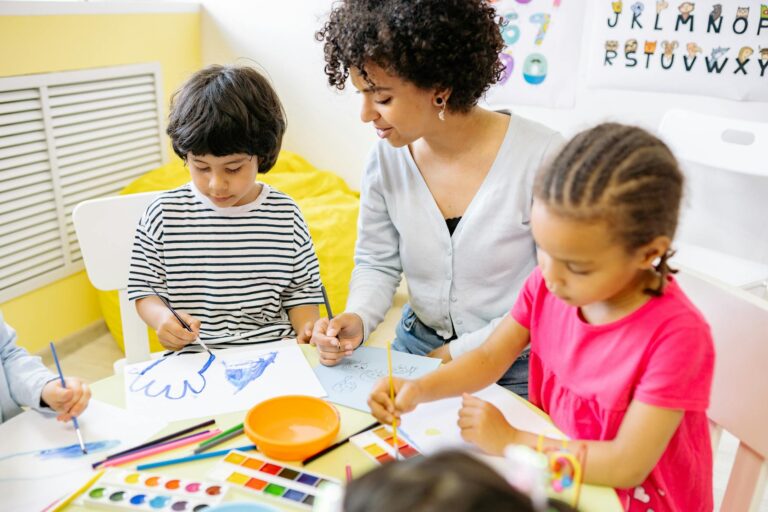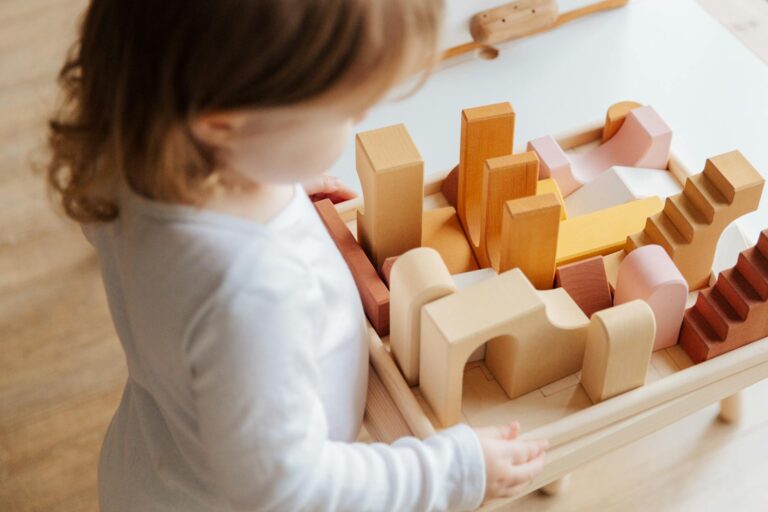The Ultimate Homeschool Planner Checklist: Must-Have Tools and Supplies
Hey there, fellow moms! If you’re reading this, you’re likely onboarding on an exciting journey of homeschooling your little ones. First of all, let me extend a warm welcome to the world of homeschooling! It can feel a bit overwhelming at first, but trust me, with the right tools and supplies, you’ll be cruising through your homeschooling days with ease and confidence.
So, grab a cup of coffee, sit back, and let’s dive into the ultimate homeschool planner checklist for first-time homeschool moms!
1. Homeschool Planner
A homeschool planner is your best friend on this journey. It helps you organize your days, weeks, and months. Look for a planner that includes sections for lesson plans, attendance records, and a calendar. Some great options are the Erin Condren Teacher Planner or the Happy Planner. These planners are customizable and allow you to add stickers, notes, and more to keep you motivated and organized.
2. Curriculum
Choosing the right curriculum is crucial. Whether you prefer a pre-packaged curriculum like Abeka or Sonlight, or you opt for piecing together your own from various resources, make sure it aligns with your educational goals and your child’s learning style. Remember, there’s no one-size-fits-all, so don’t be afraid to mix and match.
3. Basic School Supplies
Stock up on the basics: pencils, pens, crayons, markers, colored pencils, scissors, glue sticks, and paper (lined, construction, and printer paper). Having these essentials on hand will make your daily activities run smoothly. Consider organizing them in a caddy for easy access.
4. Books and Reading Materials
A variety of books is a must! Invest in classic literature, educational books, and fun storybooks that align with your child’s interests. Utilize your local library to keep your collection fresh and diverse. Don’t forget about audiobooks and e-books for added convenience.
5. Educational Games and Puzzles
Learning through play is vital, especially for younger kids. Incorporate educational games and puzzles into your routine. Games like Scrabble, Math Bingo, and geography puzzles can make learning fun and interactive. These tools help reinforce concepts in a playful manner.
6. Art and Craft Supplies
Homeschooling allows for creativity to flourish. Make sure you have a good supply of art materials like paints, brushes, clay, and crafting kits. This will not only support your art curriculum but also provide a creative outlet for your children.
7. Science Kits and Supplies
Hands-on experiments make science come alive. Invest in basic science supplies like a microscope, lab goggles, and a chemistry set. There are also fantastic subscription boxes like KiwiCo that deliver science and art projects to your door monthly.
8. Technology and Gadgets
In today’s digital age, having the right technology is important. A computer or tablet is essential for accessing online resources, educational apps, and virtual field trips. Ensure you have a reliable internet connection. Additionally, a good printer and laminator can be extremely helpful for printing worksheets and creating reusable learning materials.
9. Planner Accessories
Enhance your homeschool planner with accessories like stickers, highlighters, and sticky notes. These can help you color-code subjects, mark important dates, and make your planner visually appealing. It’s all about making planning a fun part of your routine.
10. Storage Solutions
Keeping your homeschool area organized is key to maintaining a stress-free environment. Invest in storage solutions like bookshelves, bins, and drawer organizers. Label everything to make it easy for your children to find and put away their supplies.
11. Whiteboard and Bulletin Board
A whiteboard is great for teaching lessons, practicing math problems, and leaving notes for your kids. A bulletin board can display important information, your child’s artwork, and educational posters. These tools keep your learning space dynamic and interactive.
12. Calendar and Schedule
A large wall calendar can help keep track of important dates, holidays, and special events. Establishing a daily schedule and routine is also important for maintaining structure. Flexibility is one of the benefits of homeschooling, but a general routine helps children know what to expect each day.
13. Physical Education Equipment
Physical activity is just as important as academic learning. Equip your homeschool with items like jump ropes, balls, and yoga mats. Planning daily physical activities or enrolling in local sports programs can keep your children active and healthy.
14. Support Network
Lastly, don’t forget the importance of a support network. Connect with other homeschool moms through local groups or online communities. These networks provide invaluable advice, resources, and emotional support. Remember, you’re not alone on this journey!
Conclusion
Starting your homeschool journey can be both exciting and daunting. With this ultimate homeschool planner checklist, you’ll be well-prepared to create a structured, engaging, and enjoyable learning environment for your children. Remember, every family’s homeschool journey is unique, so feel free to adjust this list to fit your specific needs. Happy homeschooling, moms!
Do you have any other tips or tools that have made your homeschooling experience smoother? Share them in the comments below!






